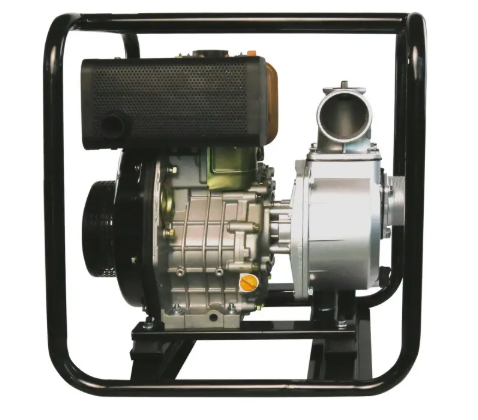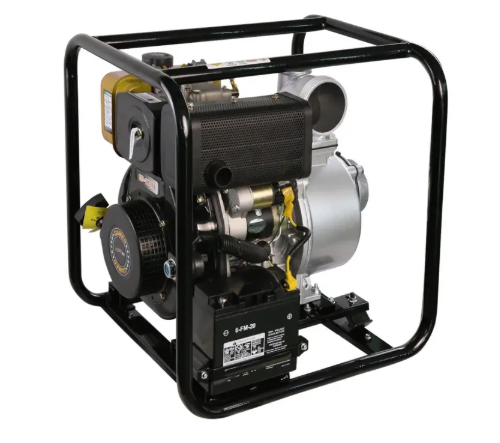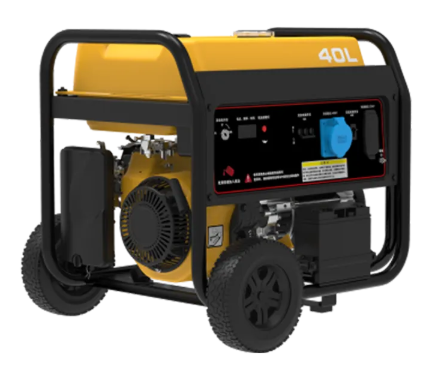alternator price
The alternator price represents a crucial consideration for vehicle owners and automotive professionals seeking reliable electrical system components. Modern alternators incorporate advanced technology, featuring sophisticated voltage regulators, high-efficiency rectifiers, and durable bearings that contribute to their overall cost. Prices typically range from $200 to $600 for standard vehicles, while premium or heavy-duty applications may command higher prices. The cost varies significantly based on factors such as brand reputation, manufacturing quality, output capacity, and vehicle compatibility. These essential components convert mechanical energy into electrical power, maintaining the vehicle's battery charge and powering various electrical systems. When evaluating alternator prices, it's important to consider the unit's amperage rating, which determines its power output capability, as well as its construction quality and warranty coverage. The market offers various options, from OEM (Original Equipment Manufacturer) alternatives to aftermarket solutions, each with distinct price points reflecting their quality and performance specifications.


